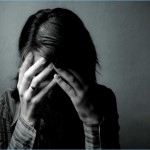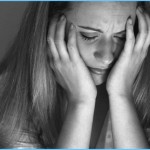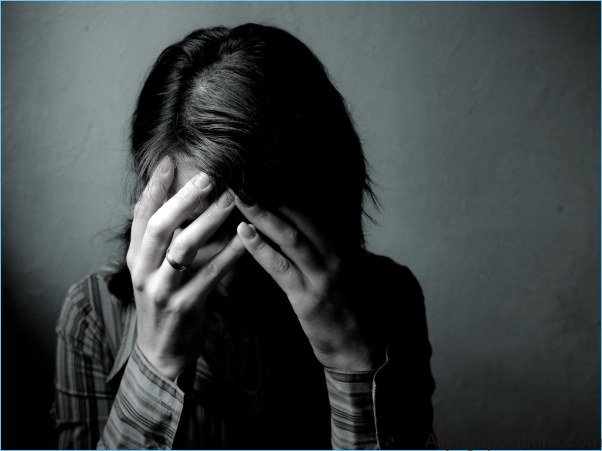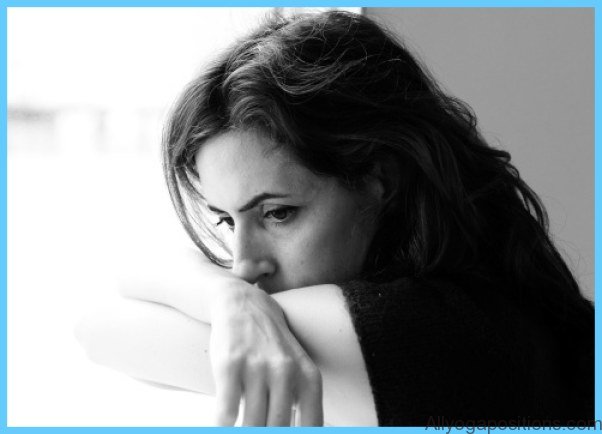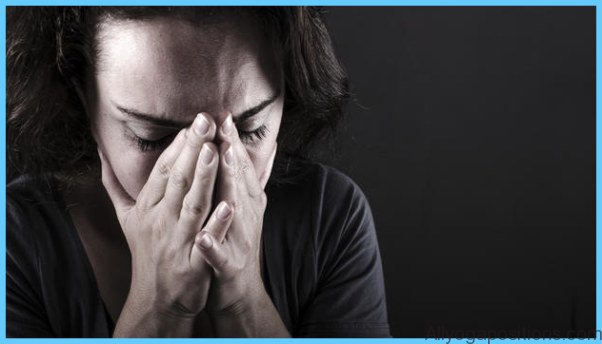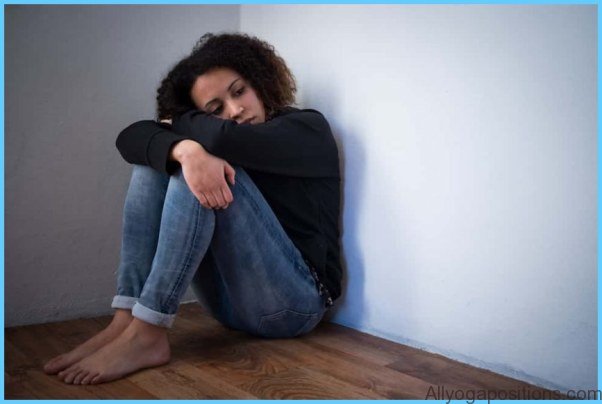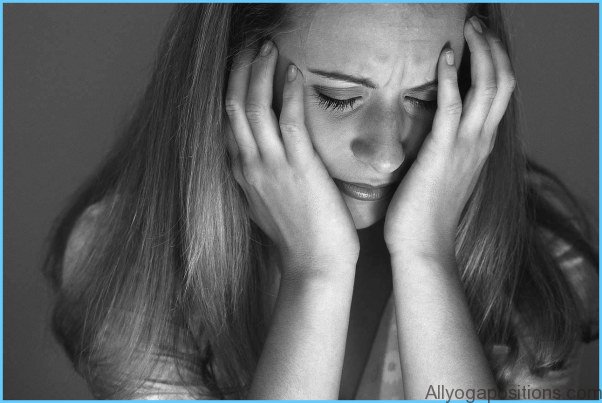The higher incidence of depression in women begins in adolescence. Teenage girls react to the stresses of forming an identity, confronting sexuality and pursuing independence much differently than boys, and it’s here that the seeds of depressive tendencies are sown.
There appears to be a strong relationship between the biology of a woman’s body and the incidence of mood disorders. Fluctuations in the level of estrogen can create mood changes shortly before menstruation and after pregnancy. These hormonal fluctuations are also associated with the use of oral contraceptives and with hormone replacement therapy during menopause. Research has confirmed that hormones do indeed affect the brain chemistry that controls our emotions and mood.
The fact that women suffer depression more often than men may be related to the fact that women synthesize serotonin, a brain chemical that carries messages between brain cells, at a lower rate than men. Melatonin, a chemical involved in regulating certain bodily functions, is also produced at different levels in women and men. Both differences may predispose women to become depressed with a lack of sunlight, a condition known as Seasonal Affective Disorder (SAD).
Because of our unique biology, women also suffer from different forms of depression. Between 20 and 40 percent of women experience Premenstrual Syndrome (PMS). PMS can cause mood swings that may interfere with family life and work performance. It is an abnormal response to normal hormone changes and may be associated with malfunctions in brain serotonin levels.
Postpartum depression is a condition experienced by women shortly after pregnancy. Once the baby is born, women may have a bout of the “baby blues,” which is a fairly typical reaction to normal hormonal shifts and the pressures of a new role in life. However, in some women, the reaction is more extreme and may involve many of the symptoms of a major depression. If a woman has one episode of postpartum depression, she has a 50 percent chance of developing it again during subsequent pregnancies.
Eating disorders, anxiety disorders and perimenopausal depression are other depressive illnesses that affect women more seriously than men. Women also seem to be more vulnerable to stress, often as a result of poverty, single parenthood, caring for aging parents or exposure to domestic violence and sexual abuse.
Diagnosis
Your doctor will usually be able to diagnose depression from its signs and symptoms. A family history of depression may help to confirm the diagnosis. Laboratory tests, especially blood tests, may be used to identify the cause of some depressions. This approach is especially useful in diagnosing women, who may be experiencing hormonal factors that are influencing their condition.

